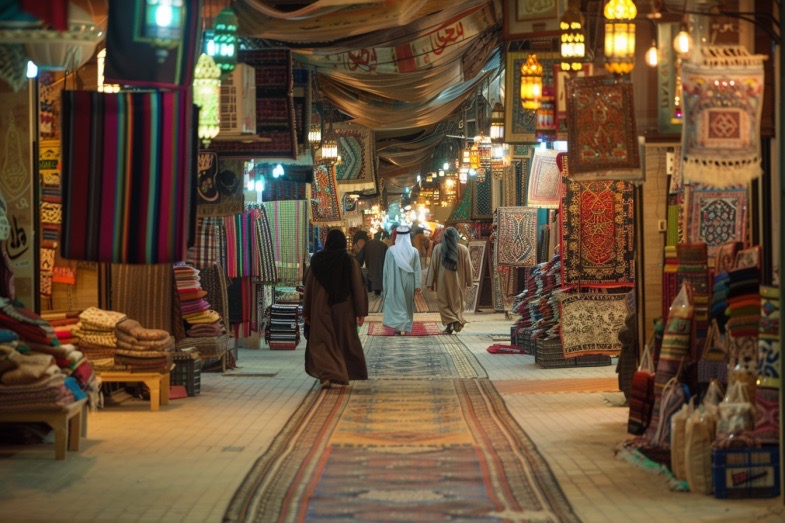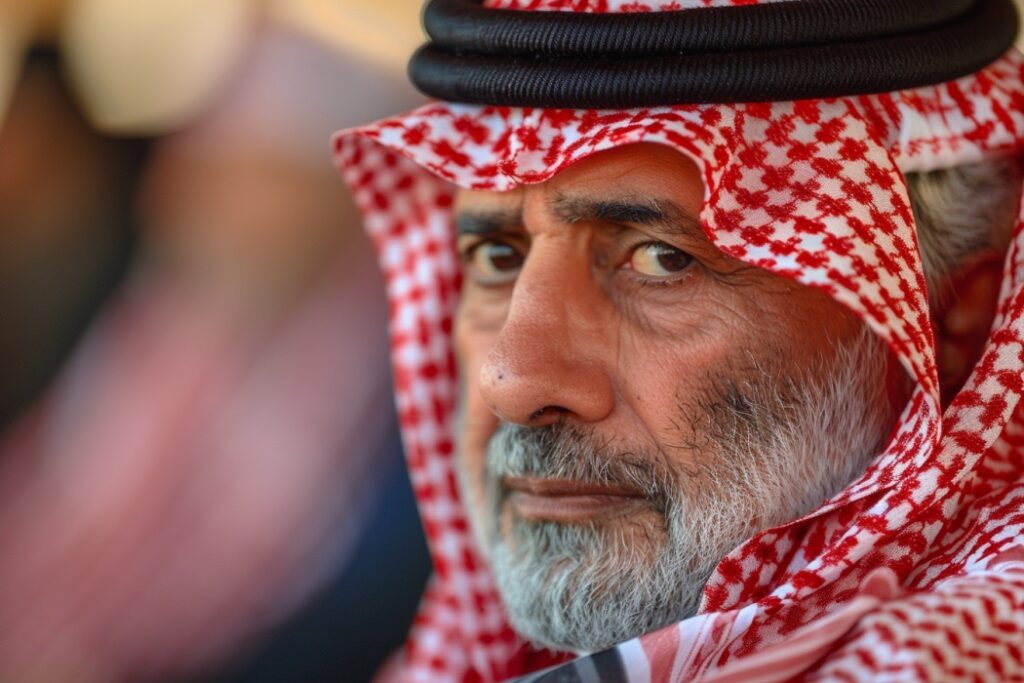Hamas Signals Potential Shift in Position on Armed Struggle
GAZA — In a surprising turn of events, some Hamas officials are now hinting at the possibility of giving up armed struggle against Israel under certain conditions. The militant group has suggested that they may consider laying down their arms if Palestinians are granted an independent state in the territories captured by Israel during the 1967 war.
This shift in messaging comes at a critical time as Israel continues its aggressive campaign in the Gaza Strip, where Hamas holds power. Traditionally, Hamas has called for the destruction of Israel, but now there seems to be a willingness to negotiate terms for peace.
Basem Naim, a member of Hamas’ political bureau based in Istanbul, recently stated in an interview with CNN that the group would be open to disarming if an independent Palestinian state with its capital in Jerusalem, and the right of return for refugees, was established.
While Hamas has historically rejected a two-state solution, preferring instead a Palestinian state encompassing all of historic Palestine, including Israel, the West Bank, East Jerusalem, and Gaza, this new development suggests a potential willingness to compromise.
Mustafa Barghouti, President of the Palestinian National Initiative, described this potential shift as significant, noting that Palestinians are resisting occupation and that without it, there may not be a need for armed resistance.
However, skepticism remains, with some experts viewing Hamas’ offer as a mere public relations move aimed at garnering support from Western nations. The true intentions behind these statements are still unclear.
As the conflict between Hamas and Israel continues, the international community is closely watching for any signs of progress towards a peaceful resolution. The fate of both parties hangs in the balance as negotiations stall and tensions remain high.
Despite the ongoing violence and political maneuvering, there is a glimmer of hope that a potential shift in Hamas’ position could pave the way for meaningful dialogue and a path towards lasting peace in the region.



